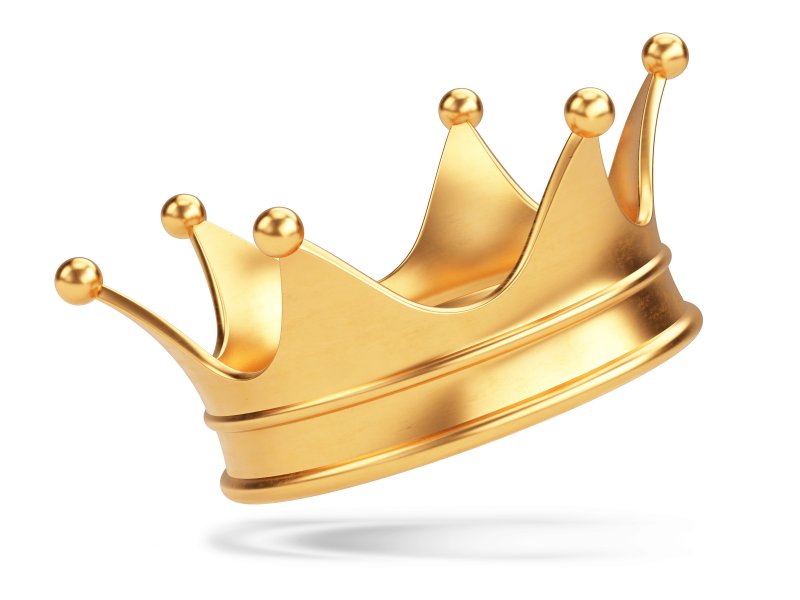
Dental crowns are specialized dental appliances that are attached to teeth for a variety of reasons. One is to protect a tooth that has been damaged by decay or injury while restoring its original appearance, strength, and function. Another is to anchor other dental appliances such as dental bridges in place. There are a number of different materials that are used to make dental crowns. Here’s a brief overview of those materials to help give you an idea of which might be best for you.
Metal Crowns Are Sturdy and Long-Lasting
Traditionally, dental crowns have been made out of alloys made of gold or other metals that won’t corrode. While these crowns will probably be clearly visible next to your natural teeth, they are quite strong and durable. This often makes them a great option for the back teeth that bear the brunt of the chewing force but aren’t easily seen when the patient smiles.
Porcelain and Zirconia Are Beautifully Unnoticeable
Porcelain and zirconia are materials that easily match the appearance of your natural teeth. They are also not magnetically reactive, making them safe if the patient needs an MRI scan, and they do not readily expand and contract due to heat, which can save a patient a lot of discomfort when they eat or drink hot or cold items. Since they are made to be indistinguishable from the rest of the patient’s smile, they are often great for the front teeth like the incisors or the canines.
How Are Dental Crowns Placed?
Dental crowns are usually placed over two appointments. During the first, the tooth will be prepared to receive a crown, and a temporary one will be placed on it. This is done after the patient is treated with a local anesthetic, rendering the process painless. Bite impressions will also be taken and sent to a lab so a customized permanent crown can be manufactured. When your dentist receives this permanent appliance, you will come in to have it cemented in place after the temporary one is removed. You’ll then be sent on your way to enjoy your restored smile.
Dental crowns are a great way to get your smile back into biting shape. Consulting with your dentist can determine which type of crown is best for you.
About the Author
Dr. Gary Radz earned his dental degree from the University of North Carolina School of Dentistry and has completed two postgraduate residency programs. He is proud to be a member of the American Dental Association, the Academy of General Dentistry, and the American Association of Cosmetic Dentistry. His office in Castle Rock, CO offers general, cosmetic, emergency, and restorative dentistry like dental crowns. If you think your tooth could use a dental crown, contact his office online or dial (303) 663-9600.
